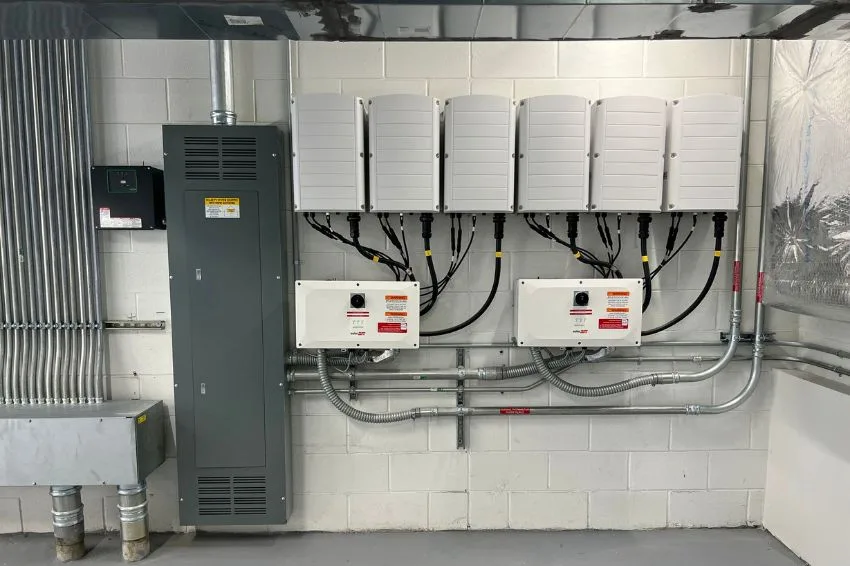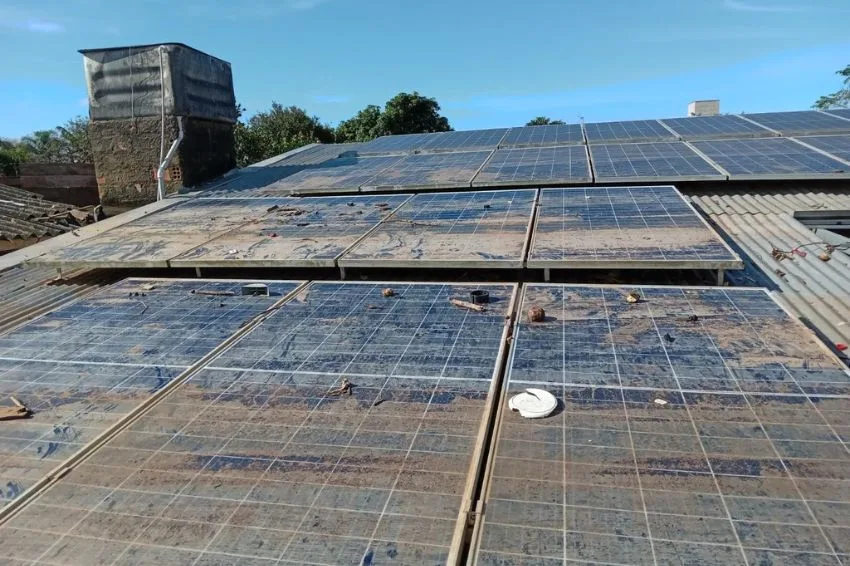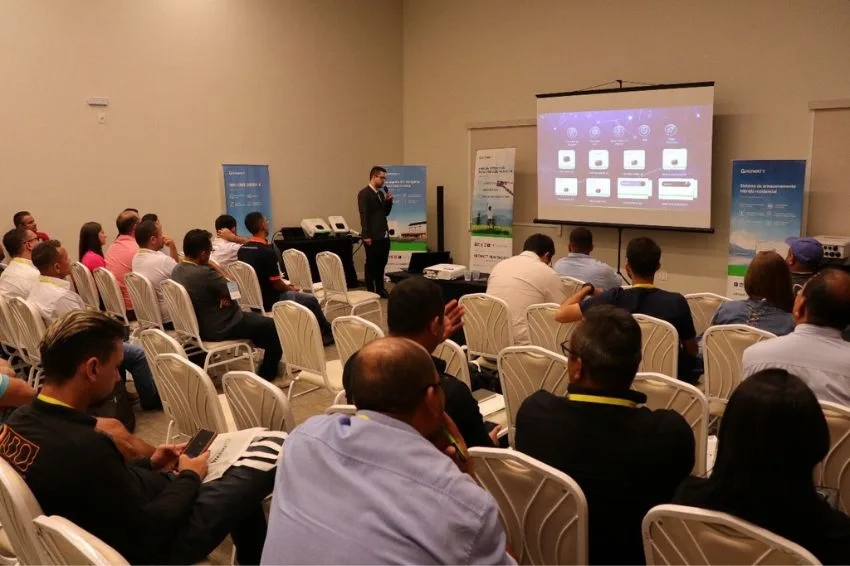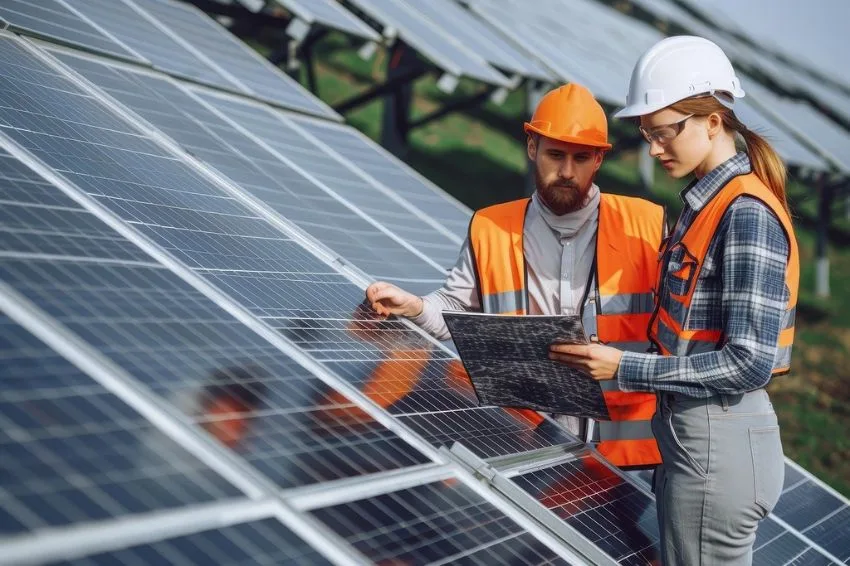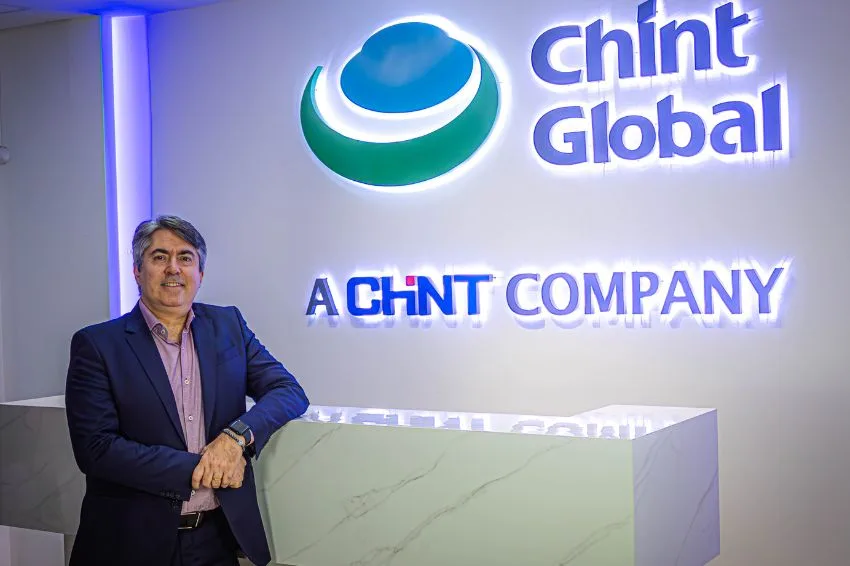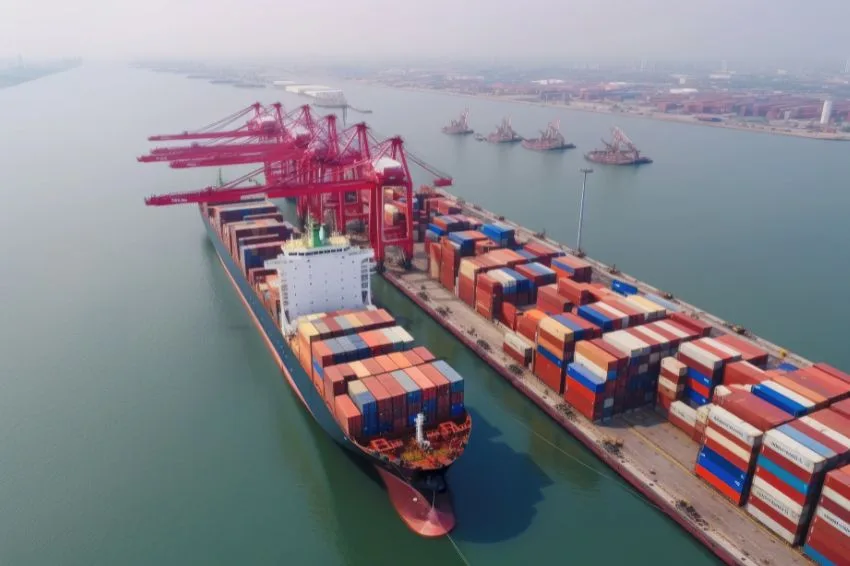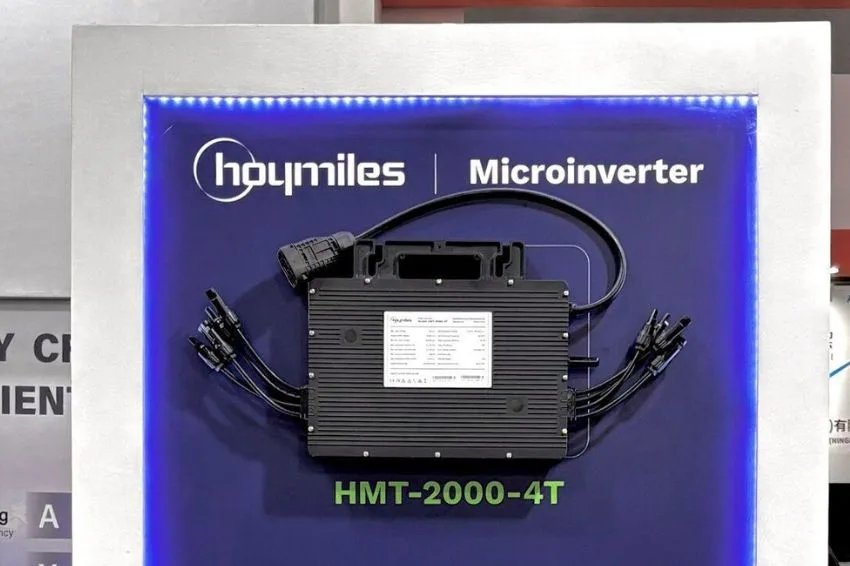At the moment, It's not mandatory that all installations have AFCI It is rapid shutdown. The critical point is the roof in residences, industry and commerce, where there are lay people and a risk situation. The statement is from the engineer João Souza, technical responsible for Ecori Solar Energy.
In an exclusive interview with Solar Channel, the specialist spoke about the technical standards and the regulation to the fire safety It is electric shock in photovoltaic systems in Brazil.
Furthermore, he commented on the current scenario at the country – exemplifying the Fire Department corporations that have already published their technical standards – and how to carry out the necessary adjustments of power plants.
“In ground plants, there is normally its own maintenance and operations team, it is a more controlled situation. All standards, both from ABNT and the Fire Department, are moving in this direction. It’s not every installation, it’s not every inverter, you have to see who is within the scope and who is outside”, he reported.
According to Souza, the Fire Department of each state has the autonomy to publish the standard it wants. “But, as they are seeing the large number of fires and deaths, the tendency is for every Fire Department to publish its standard in its respective state”.
“Regarding the states that are most behind, when an ABNT is published, they will copy it. Having a standard at national level, they can simply ask professionals to comply with the Brazilian standard. In other words, it would be much easier than them having to edit”, he explained.
ABNT standard should be published in 2024
On December 6, 2022, ABNT promoted a meeting to install the Fire Safety Study Committee in photovoltaic structures of the Brazilian Fire Safety Committee.
Since then, several meetings have been held to prepare a normative text to establish guidelines, requirements, test methods and generalities in the field of fire safety in photovoltaic systems.
“The new technical standard prepared by this study committee establishes the mandatory protection against electric arc, as well as the mandatory quick shutdown function. The forecast is that this standard will be published in 2024”, said the engineer.
What does Inmetro say?
Regarding Inmetro, on November 14, 2023, Ordinance No. 515/2023 was published in the DOU (Official Gazette of the Union), which promoted some changes to Ordinance No. 140/2022. Among the changes, the obligation to interrupt the electric arc integrated into inverters with open circuit voltage (sic) greater than 120 V in direct current and short circuit current (sic) greater than 20 A stands out.
For inverters with open circuit voltage (sic) of up to 120 V and short-circuit current (sic) of up to 20 A, the arc interruption functionality integrated into the inverter can be dispensed with, as long as it is proven through testing. that the equipment will not sustain an electrical arc.
“As the objective of the Inmetro ordinance is to establish conformity assessment requirements for systems and equipment for PV energy and not to standardize electrical installations, it is up to each inverter manufacturer, when applicable, to expressly recommend to the user the use of methods, systems or devices of rapid shutdown in the dc circuit, in order to guarantee safety in firefighting situations”, emphasized the Ecori technical manager.
Below are other points listed by João Souza throughout the interview.
How to adapt PV systems?
Firstly, there are the states and the Fire Department standard, which regulates fire safety in photovoltaic systems. Secondly, it is prescribed by the Inmetro ordinance, which regulates the safety and quality of products.
In the case of firefighters, they publish their rules and you have to adapt. How does adaptation occur? Always when you renew your license. Then, it depends on each Fire Department. In Minas Gerais, for example, renewal is every five years. In Goiás it is every year.
When renewing the license, the Fire Department must request complete compliance with the regulations in force in their respective state. Then the person looks and sees that the only thing missing is the AFCI, for example. There are AFCI products on the market in the form of an external device – which could be included as an additional component within a stringbox.
In the case of states that do not have a Fire Department standard, such as São Paulo, João Souza said that it is necessary to look at the Inmetro ordinance. Ecori sells inverters and Inmetro regulates products and services. Until December, we can sell inverters of up to 75 kW that do not have AFCI. The inverter above 120 V and above 20 A input is mandatory to have. There is no exception. Below that you have to test, and if it doesn't support the arc, you don't need to have the AFCI.
The Fire Department obliges you to correct the past, but the ABNT technical standard will also oblige you to correct the past when you carry out a renovation. For example, my house has a photovoltaic system. Let's assume that next year ABNT comes in and requires AFCI and rapid shutdown.
ABNT does not oblige to correct the past unless a renovation is carried out – considering as “renovation” any expansion of an existing installation (creation of new circuits, powering of new equipment, etc.), as well as any replacement of components that involves circuit change.
So, whether you like it or not, you will end up having to update at some point. And another, the Fire Department of all states will end up adopting it. By the time the NBR comes out, there will already be a common goal for the country and everyone will be forced to adopt this NBR.
What is the adaptation cost?
It depends from project to project. I know many companies that only install microinverters or that only install inverters with quick shutdown. That person won't have to do anything. What will require a bit of rework is whoever installed a string inverter without quick shutdown. Depending on the manufacturer, the topology, it will have a specific price.
Remembering that it is not the entire system. A ground plant is not mandatory. What the Fire Department has made mandatory are the facilities that are part of their inspection scope. A residence like my house will not change anything, it will not be mandatory unless I carry out renovations after the publication of the NBR. The mandatory ones are commerce, industry and apartment condominiums.
What can happen to companies that have systems installed and have not made the adjustments?
For example: a restaurant in Goiás has a PV system installed before the norm and is already preparing to renew its license. You can hire a professional who will consult all the Fire Department rules and point out what they are. But if the client doesn't have any advice, what to do? When the Fire Department inspection arrives, they will show what needs to be readjusted.
In this case, he will be notified and a deadline will be given, which varies depending on the type of adaptation that will have to be made, such as tearing down a network, new construction and whether an electrical circuit has to be installed. If it is not suitable, the person can have the establishment closed, sealed.
It is not the responsibility of the integrating company, but of the owner. But, it is always worth looking at the contract, if you have a poorly written contract, a fight may arise in court. In general, the integrator is hired to install the system.
There are people who do it differently, sometimes without any contractual support, however, normally, you will find someone who installed it with a guarantee that the service will be performed. Anything other than carrying out the installation is a separate contract.
If you look at the manufacturers of central, string inverters, most of them you will find AFCI optional. Who exercises this option? It is the distributor at the time of purchase. There are a lot of people who are within the norm and won't need to do anything.
Article
The article Technical Standards and Regulations for fire and electric shock safety in PV systems in Brazil, written by engineer João Souza, provides more details about the Brazilian history and the current scenario of fire and electric shock safety in PV systems in Brazil. Check it out on link.
All content on Canal Solar is protected by copyright law, and partial or total reproduction of this site in any medium is expressly prohibited. If you are interested in collaborating or reusing some of our material, we ask that you contact us via email: [email protected].


